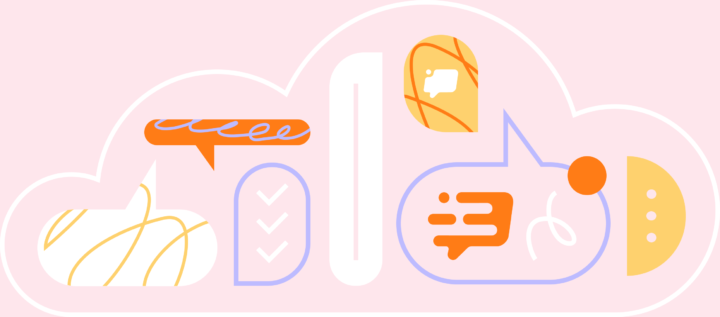7 questions to the Customer Success Expert

Creating long term relationships with customers that increase profits and decrease churn is the aim beyond just answering customers’ questions and having a Knowledge base. It is about sharing expertise, improving customers’ results and making sure that all the value from the product is received.
We continue to deal with the issue of Customer Support VS Success and would love to share our cool interview with a real expert in this field.

Meet Steven — Head of Customer Success team at Miro.
He shared his thoughts with us, told us about the difference between Customer Support and Success is and what his team is doing.
Helga from Dashly: Not everybody understands the definitions of Support and Success correctly. What is the difference between Customer Success and Customer Support teams from your point of view?
Steven from Miro: The main difference is that the goals are different; a Customer Support team is organized to help customers over hurdles that they are experiencing, these can be usage related (how do I view my invoice?) or technical (my application is down). A Customer Success team is organized to manage a customer proactively to avoid the hurdles on the way, and pave a way to recognize the value. Both functions are critical to a SaaS business and one can not exist without the other.
H: You’ve said that one can not exist without the other, so all do companies need their own Success team? Or maybe it becomes crucial at some particular stage (startup or enterprise, B2B, SaaS, etc.)?
S: The Customer Success space was developed in the B2B SaaS subscription space, knowing that churn and expansion of the customer portfolio is ultimately the largest lever in growing your business. But we just start seeing it’s value in other types of businesses as well. That makes sense.
If you’re not focussed on helping your customers get the value of why they bought your product, why would they become loyal customers?
H: What are the functions of a Success team? What do they do in your company?
S: There has been a shift over the past years In Customer Success. Originally the Customer Success Manager was a commercial role focussed on getting the signature under renewal contracts, and negotiating upsells and cross-sells. In recent years this shifted towards a more adoption focussed role, because many companies noticed it’s hard to earn a customer’s trust if you also have to negotiate commercials with them. That’s why in our company we have an adoption focus: make sure to partner with your customers to make a plan how they can get the most value out of their subscription. That doesn’t take away that the impact is commercials: it will lead to higher retention and expansion rates.
H: And what are their main goals?
S: That depends on the challenges in your business, but I would say, it’s making sure the retention rates are as good as possible for your product, through working with your customers and internal functions.

H: Who is that person responsible for customer success? Can you define a Customer Success manager?
S: In a SaaS business, you have a tipping point where the customer portfolio you manage represents a higher percentage of the business than the new business generated. Therefore, retention and expansion of that portfolio are key to a healthy long-term business. So a Customer Success Manager is a person who manages a portfolio of customers, and trying to proactively manage them on a path to receive and recognize value from their purchase of the software.
Customer Success is making sure customers achieve their desired outcomes while using our product, leading to high retention rates and high expansion rates.
H: What are the core skills and qualities of a CSM? Share with us a portrait of a person that you would hire for this position.
S: What strikes me as important aspects are a proactive mindset, because you need to create a plan and drive a customer along it, rather than a reactive one, where customers get in touch with you. Curiosity, customer empathy and discovery skills are important to find out what a customer is trying to achieve and how you can align your plan according to it.
H: And how to estimate the performance of such managers? What are the key KPIs or metrics to evaluate a CSM?
S: The topic of the right KPIs and metrics are a constant debate, and I don’t think there is a straightforward answer what the KPIs are (yet). In my view, there are three major compensation phases a SaaS business will go through.
Firstly, the ultimate outcome of a great Customer Success team is a best-in-class gross retention rate (your customers keep spending money with you because they receive sufficient value), net retention rate (and if they’re receiving a lot of value, they might even start spending more with you over time), logo retention rate (not only do you retain a high ratio of the dollar amount your customers spend, but also the amount of customers stays high). So many companies compensate their CSMs based on these metrics.
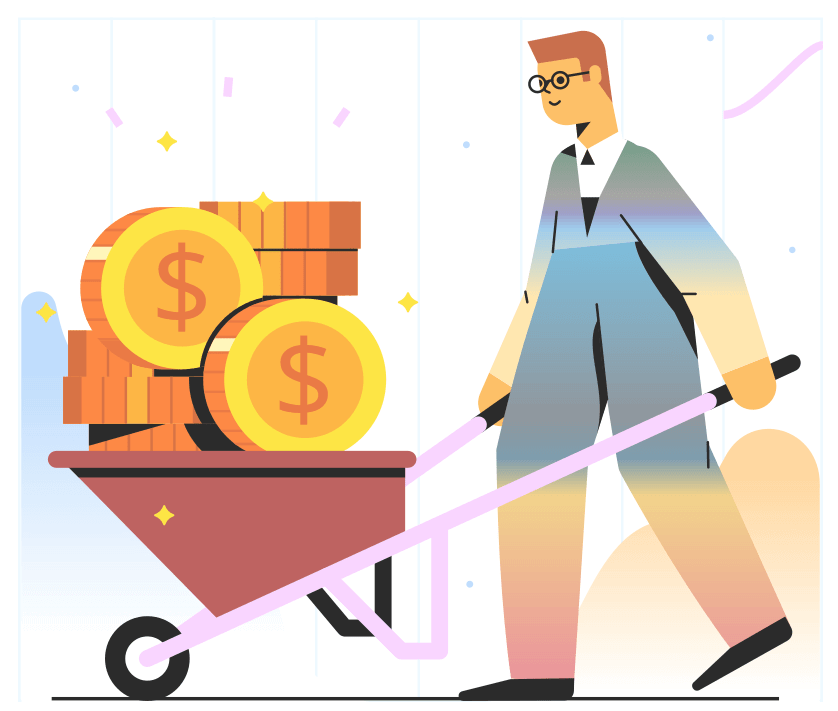
However, when you are starting up your SaaS business, you might not have enough data yet to calculate these retention rates. With annual contracts, it can take over a year to get some first data. So up until that point, your best bet is to compensate on metrics you have an educated guess on are leading indicators to your customer’s success. These could be the number of successful onboardings, number of business reviews ran, etcetera.
The last phase is, once you have proven the causation between certain activities and your customer’s outcomes, leading to high expansion and retention rates, you would like to incentivise your CSM team on those activities. For example: if you are a taxi bookings app, and you know that a customer stays with you for life if they’ve booked at least three trips within the first week, you need to incentivize everything to make that happen. It requires a lot of data, investigation and experimentation to find and prove your leading indicators.
Read also:
👉 Live Chat Best Practices: 20 Hacks to Make Customer Service Better
👉7 Best Live Chat for eCommerce: Boost Conversion on your Website
👉 Top 5 live chat mobile app: find the best fit for your business
👉 Live Chat: How Online Chat Tool Can Help Your Business
👉 20 Best Live Chat Software for your website chat service
👉 Acquisition funnel marketing: Grow customer conversions at each step of user journey
👉 The top 15 inbound marketing tools: harness digital power and elevate your business
👉 10 best website personalization tools to deliver top-notch visitors experience
👉 7 best email capture tools: features and pricing compared for 2024


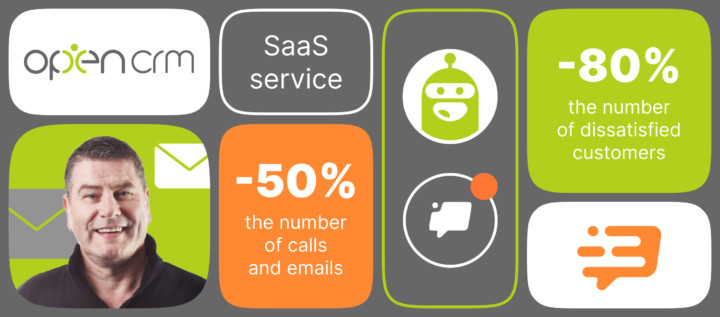
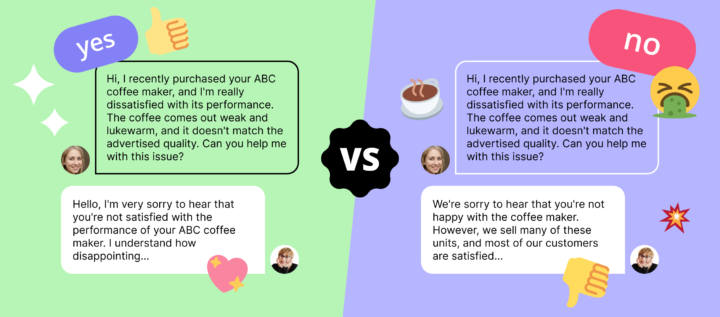
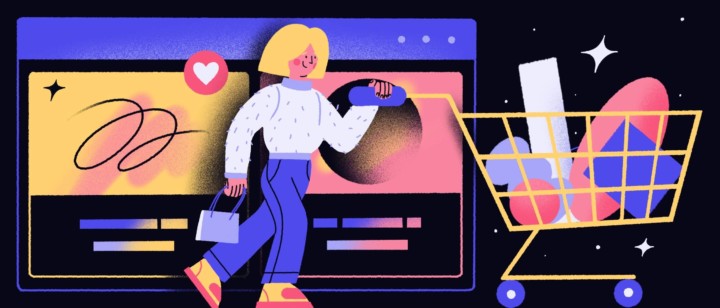
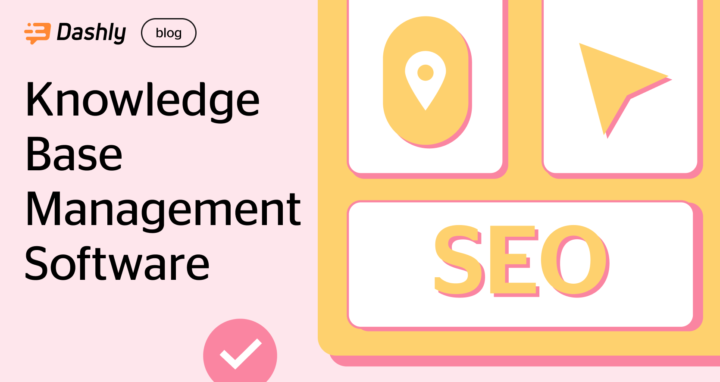
![36 ready-made scenarios of triggered campaigns for online schools [education]](https://www.dashly.io/blog/wp-content/uploads/2022/12/путеводитель-по-маркетингу-720x317.jpg)
